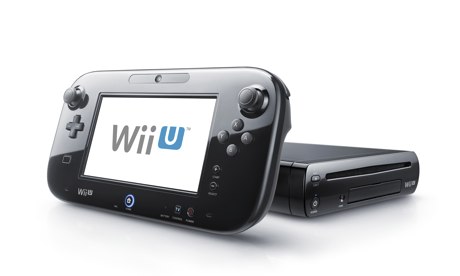
Nintendo's Wii U video games console, intended to capitalise on the roaring success of 2006's Wii, has so far flopped – and is causing problems for the Japanese games company behind Mario the plumber.
In an announcement on Friday announcement the company dramatically slashed the number of Wii Us it expects to sell in the 12 months to April from 9m to just 2.8m, and said that it will make an annual loss, with total sales expected to shrink for the second year in a row, rather than growing by one-third. That will mark its third year in a row of making an operating loss.
Potential buyers seem to be favouring instead games on smartphones and tablets, a category which has exploded since Nintendo launched its best-selling Wii with the innovative "motion controllers" in December 2006 – just before the smartphone market began to boom.
But now the company has been left adrift as its audience of "casual" gamers has found other outlets. The reduced forecast comes after many observers had said that the 9m sales predicted earlier this year by management for the Wii U was unfeasible following its comparatively small sales of 3.45m in its first year in 2012.
Sony and Microsoft have each already outsold that figure with the new PlayStation 4 and Xbox One consoles released in the autumn. They can rely on committed gamers who will wait for top-end games.
Nintendo, by contrast, cannot – and has declined to make games with characters such as Mario and Zelda available for iPhone, iPad or Android devices. That means it is missing out on a potential market of around a billion users, critics argue.
By contrast Sega, a rival Japanese games company which gave up making hardware in 2001, offers games for a range of platforms, including mobile, and has seen revenues and profits grow.
Mitsushige Akino, chief fund manager at Ichiyoshi Asset Management in Tokyo, told Bloomberg: "Nintendo needs to expand from their current hardware business model. It's a structural problem."
Makoto Kikuchi, chief executive of Myojo Asset Management, told Reuters: "The fact that the 'Wii U strategy' has failed is disappointing and will likely trigger a sell-off as soon as the market opens. The company appears to have failed to differentiate the Wii U from the Wii," saying that his own 10-year-old son, who owns a Wii and DS handheld console, had shown no interest in the Wii U.
Nintendo makes money on sales of both its consoles and the games for them, with franchises involving Mario proving hugely popular. But the revised forecasts pointed to an accelerating weakness in both consoles – especially handheld ones which compete with phones or tablets – and the games for them.
It halved forecasts for Wii U games, from 38m to 19m, but upped those for the Wii from 2m to 2.6m. For the 3DS handheld, it lowered forecasts from 18m to 13.5m sales, and 3DS games sales from 80m to 66m for the year.
Overall, the company has cut its forecast sales by a third, from 920bn yen (£5.4bn) to 590bn, and says it expects to make an operating loss of 35bn yen rather than a profit of 100bn. It had forecast a 55bn net profit, but now says it will make a 25bn yen loss.

